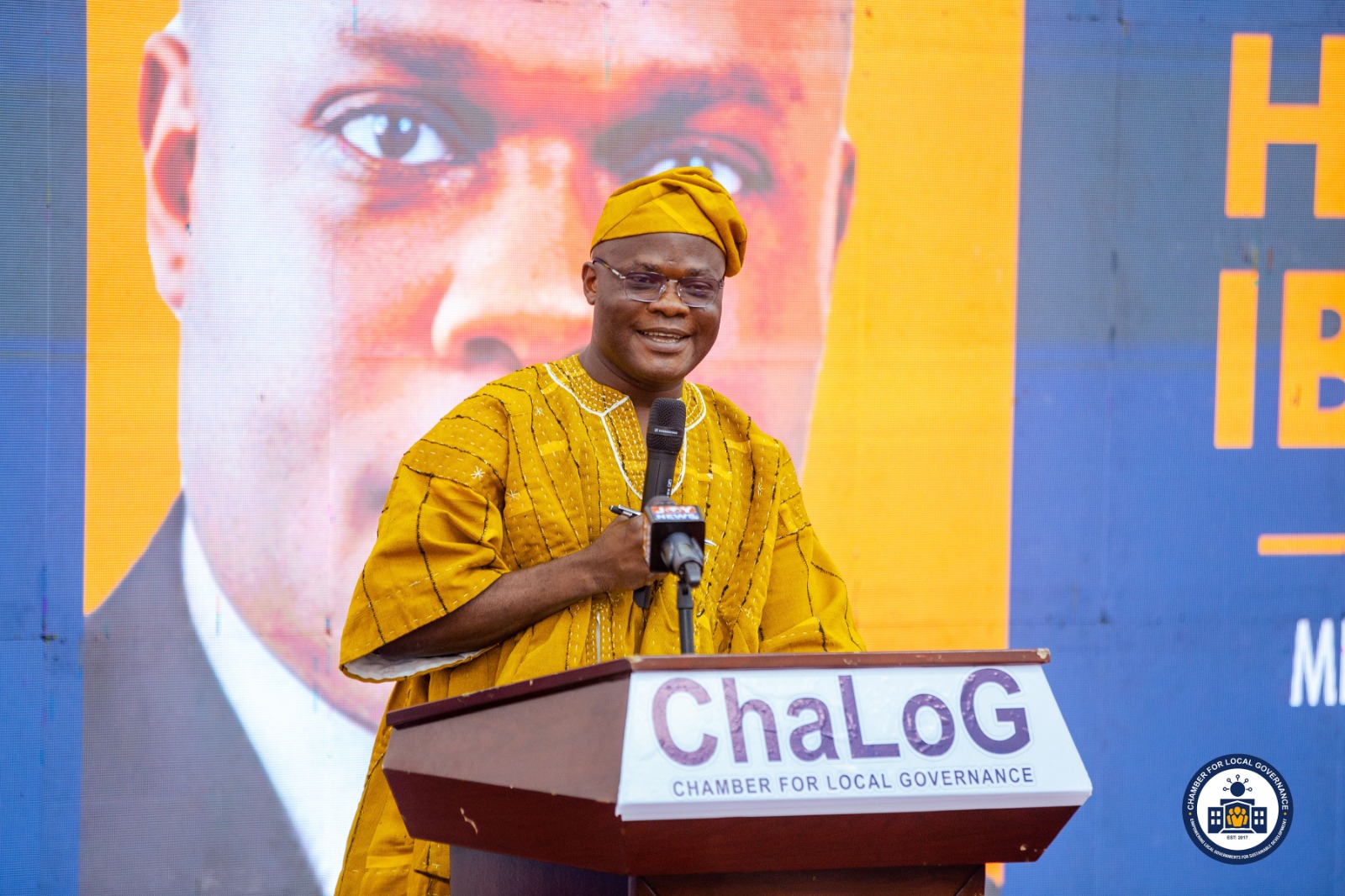The Ministry of Local Government, Chieftaincy and Religious Affairs (MLGCRA), in collaboration with the Africa Sustainable Cities Initiative (ASCI), has met with stakeholders to validate the national draft fee fixing guidelines for Metropolitan, Municipal and District Assemblies (MMDAs) for the period of 2026-2029.
The national validation workshop forms part of efforts to strengthen fiscal decentralisation, promote transparency, and enhance local revenue mobilisation across all MMDAs.
Fee-Fixing Guidelines serve as a key policy instrument that guides MMDAs in determining rates, fees, levies, and licenses in line with Sections 137, 141, 145, and 150 of the Local Governance Act, 2016 (Act 936). It ensures that Assemblies operate within a standardized framework when setting fees and charges for business operating permits and other services, for private and local businesses in their localities, thereby preventing arbitrary pricing and promoting fairness within local jurisdictions.
Before the National validation workshop, the Ministry organised a zonal regional consultative workshop on the 25th September to 29th September 2025 in Tamale, Techiman, and Sekondi-Takoradi, which brought together officers from Regional Coordinating Councils, MMDAs, traditional authorities, business associations, trade groups, representatives from the Ministry of Finance, and development partners. This provided an opportunity for stakeholders to assess the adequacy of the current guidelines (2022–2025), share experiences, and recommend improvements for the next phase.
Speaking at the National Validation Workshop on Friday, 17th October, 2025 at the Institute of Local Government Studies (ILGS) in Accra, the Minister for Local Government, Chieftaincy and Religious Affairs, Hon. Ahmed Ibrahim (MP) in a speech read on his behalf by the Chief Director of the Ministry, Alhaji Amin Abdul-Rahaman, underscored the importance of the Fee-Fixing Guidelines in promoting effective local governance and fiscal responsibility.
According to him, the review is a significant milestone in our collective efforts to strengthen Ghana’s local governance and fiscal decentralization system, adding that the new framework will enhance Internally Generated Fund (IGF) mobilisation, equity, and transparency, while fostering a more enabling business environment.
The Minister noted that while the 2022–2025 guidelines served its purpose, some Assemblies encountered difficulties in its implementation such as applying standardized fees and engaging stakeholders effectively.
He, however observed that some MMDAs collected funds way above the threshold without authorisation from the Ministry, and emphasized that the new guidelines will consolidate lessons learnt and introduce a more flexible, inclusive, and forward-looking framework.
Hon. Ibrahim also commended industry players and the private sector for their active participation, describing them as the engine of our local economies. He stressed that their perspectives are crucial to ensuring that the new fee regime remains fair, predictable, and growth oriented.
The Minister expressed appreciation to the Africa Sustainable Cities Initiative (ASCI) for their continued technical and financial support, which has been vital in ensuring that local governance reforms remain responsive to emerging development challenges.
He called on all MMDAs to adhere strictly to the approved fee schedules, adding that any Assembly facing challenges with implementation should formally write to the Ministry for redress. He charged all stakeholders to come on board to develop a framework that strengthens local revenue systems while promoting accountability, inclusivity, and sustainable development across all Assemblies.
The Ministry will, in the coming weeks, finalize the draft Fee-Fixing Guidelines for 2026–2029, taking into cognisance the inputs from all regions. Per the validation, the new guidelines will serve as the national reference point for MMDAs in setting and collecting local fees and charges, ensure fairness, boost local economic development and promote transparency.
Source: Chantal Aidoo
Public Relations Unit, MLGCRA

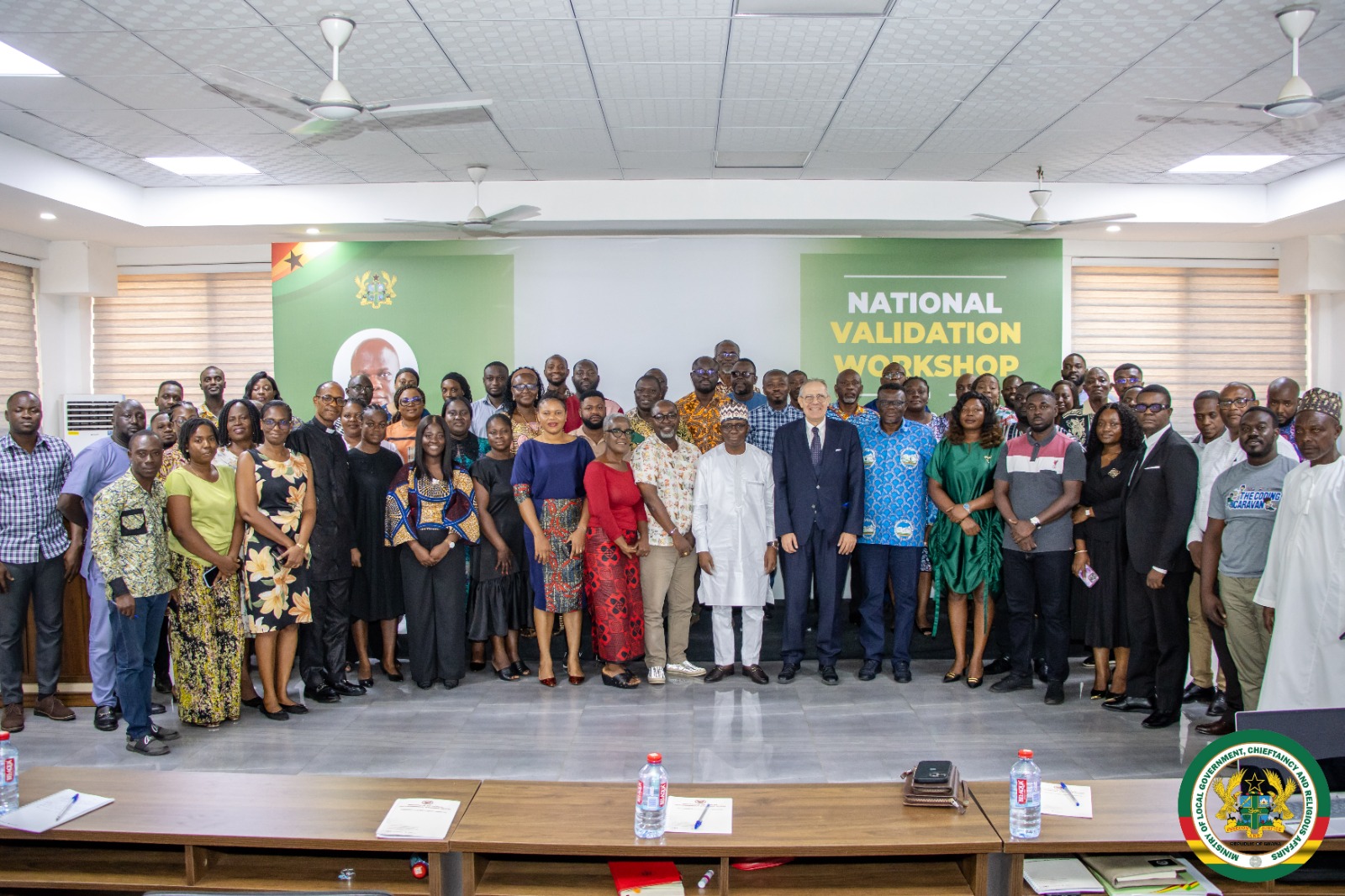
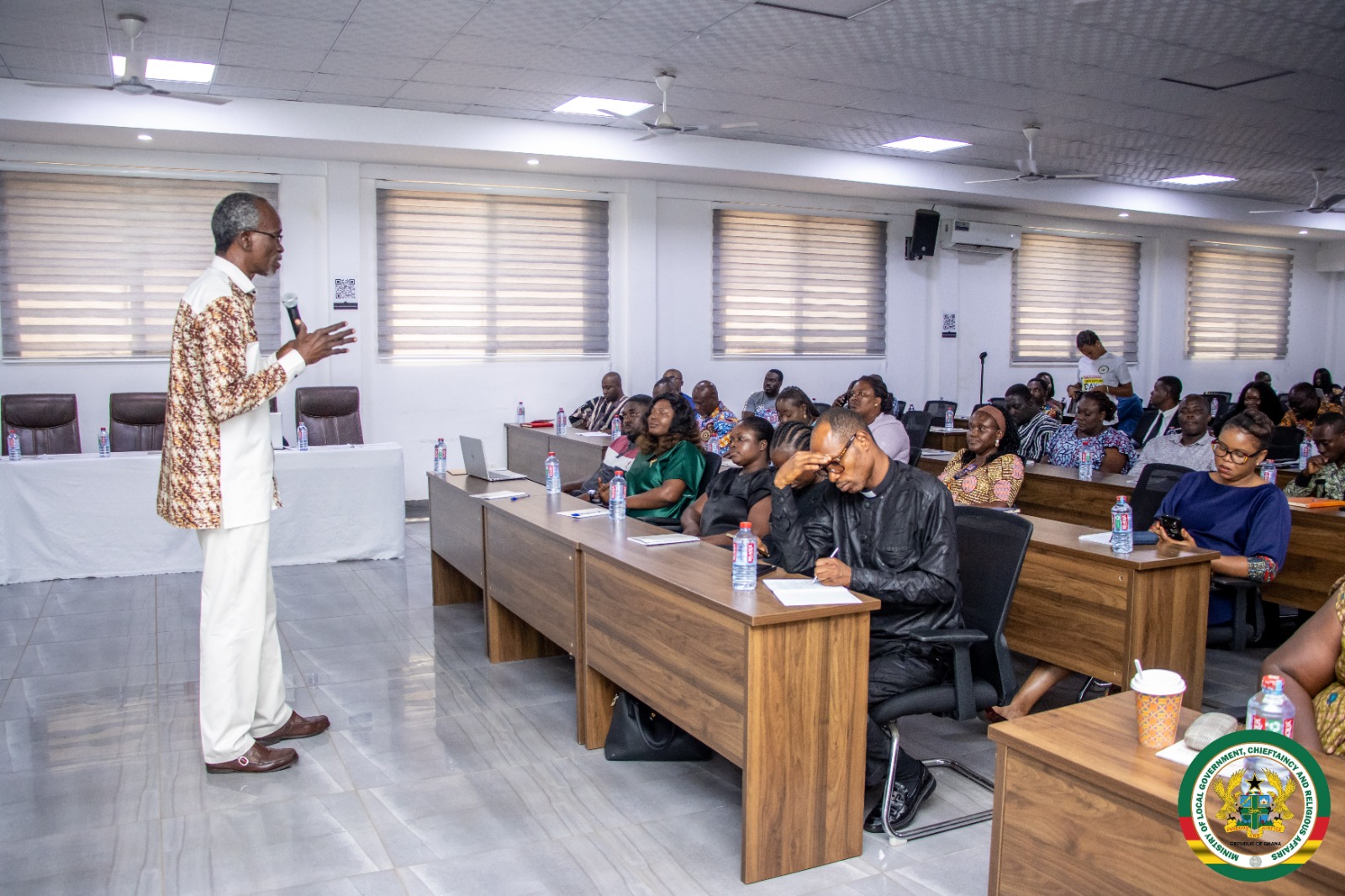
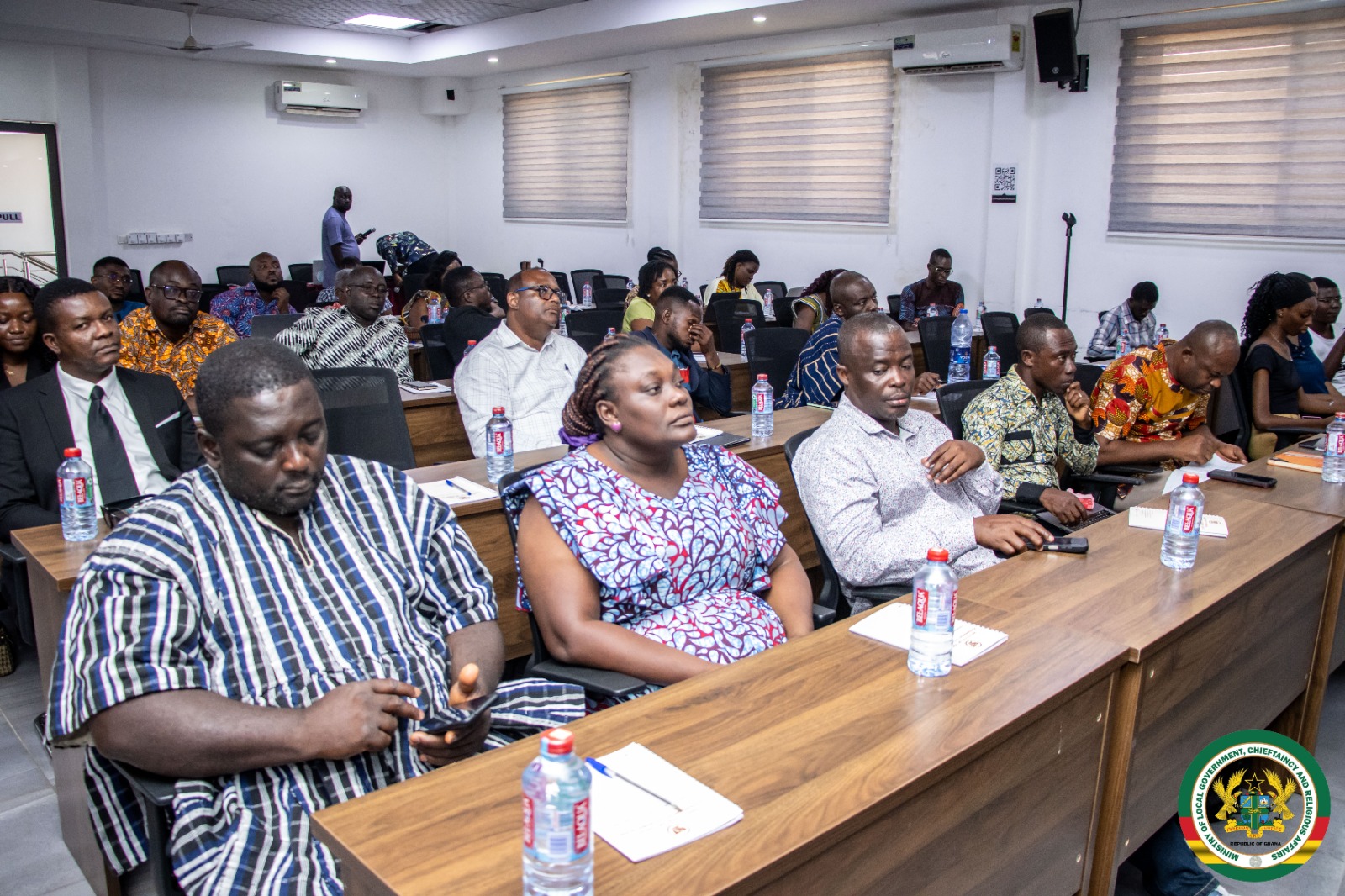
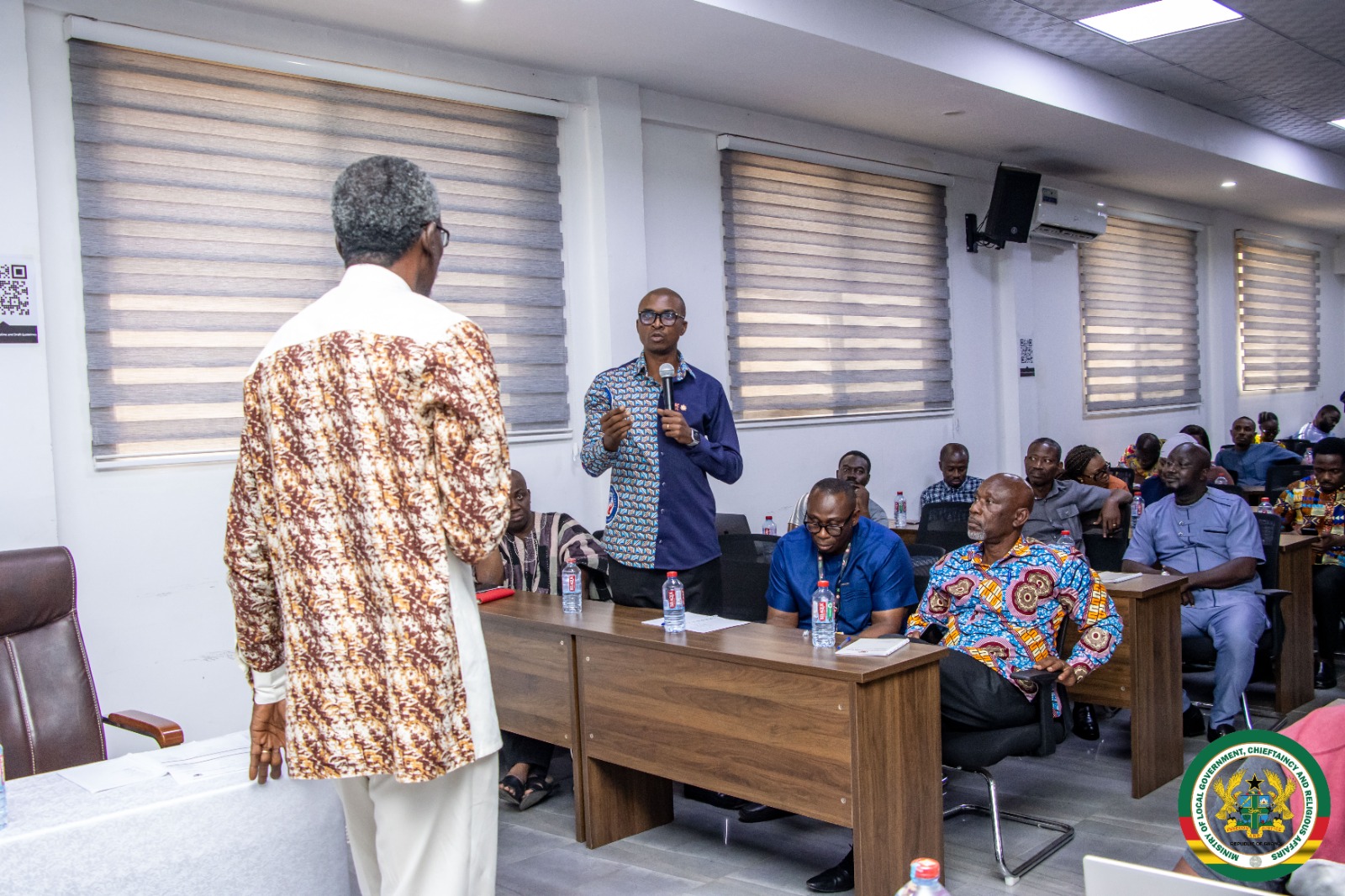
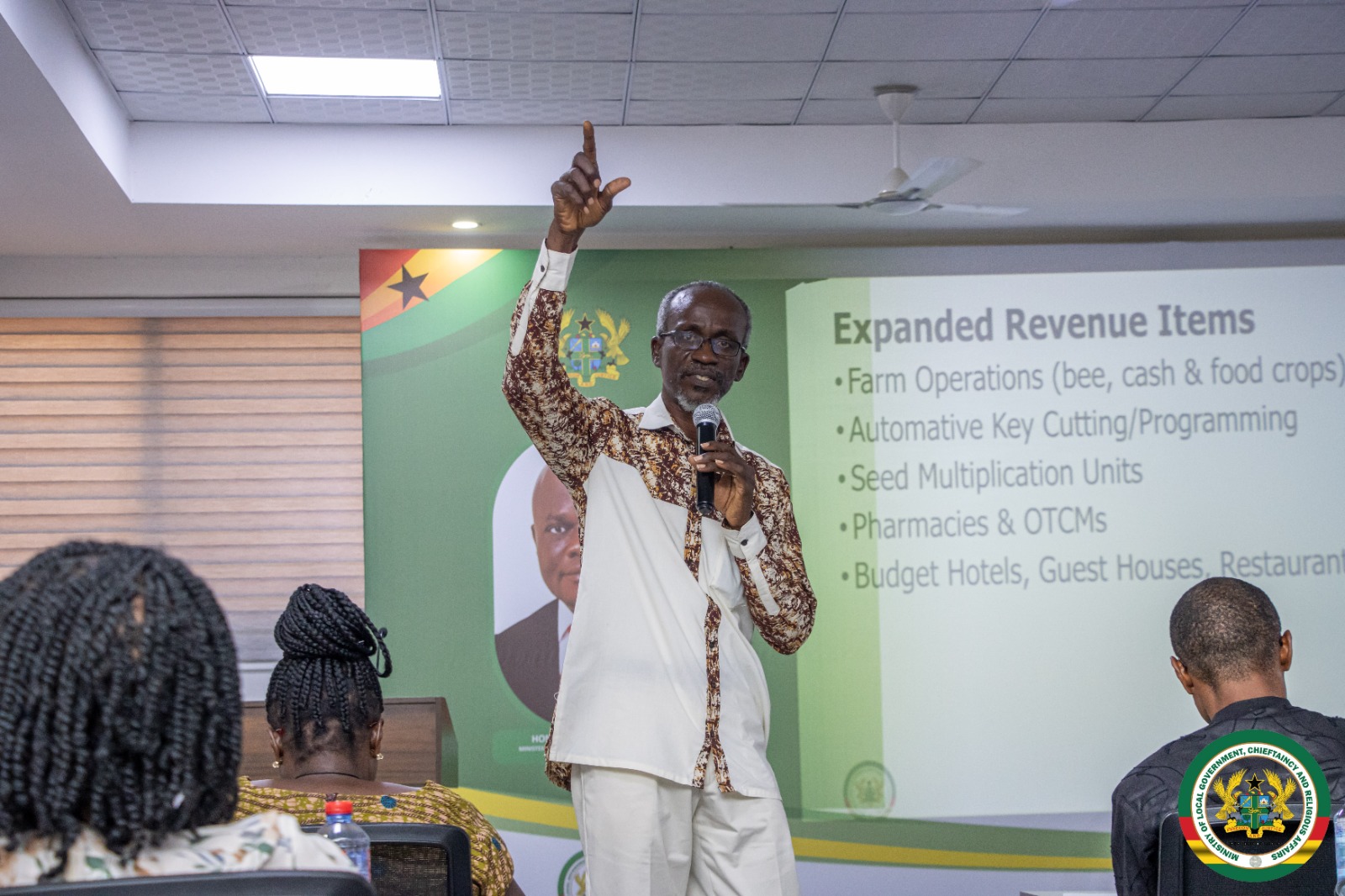
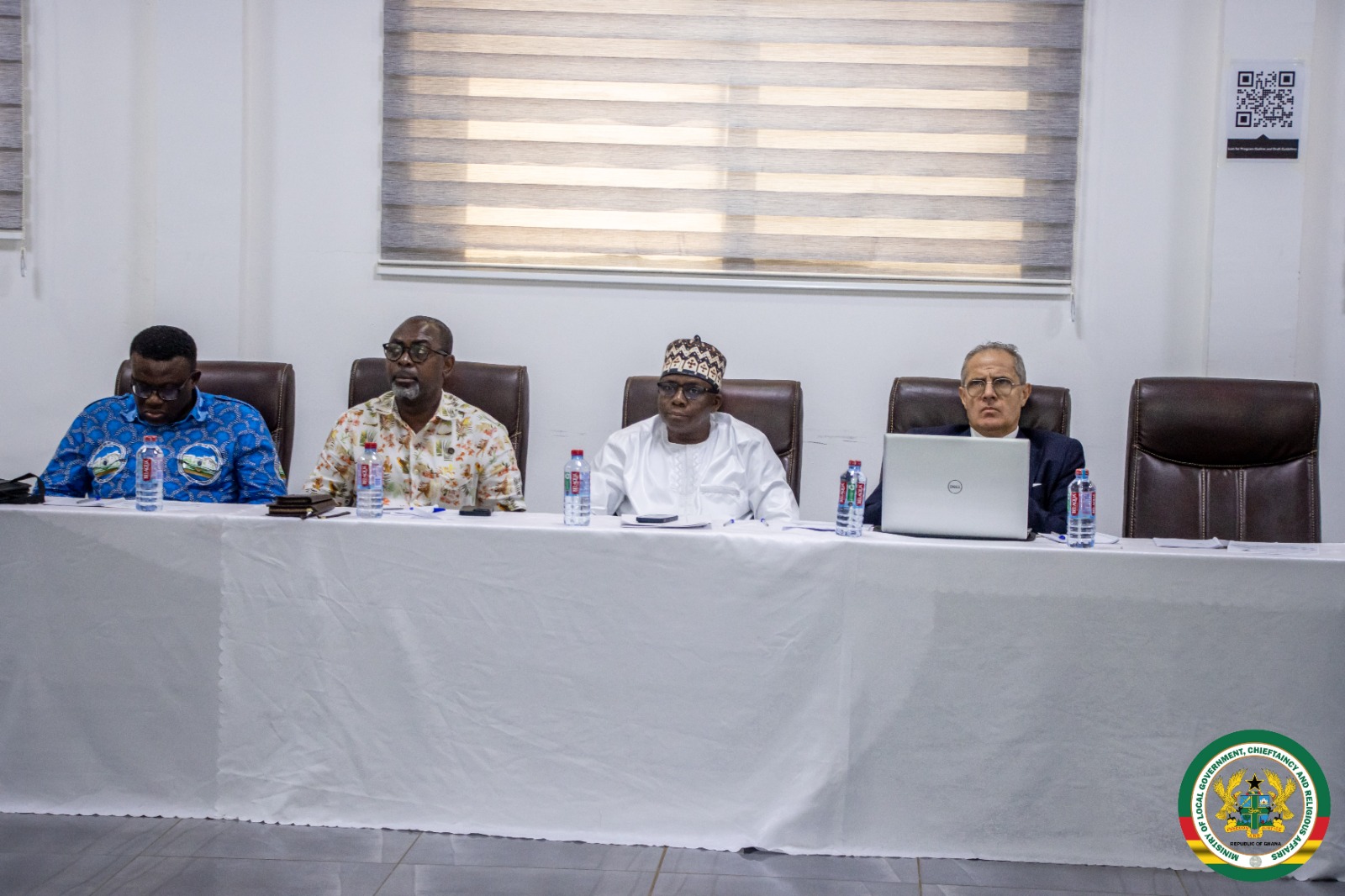
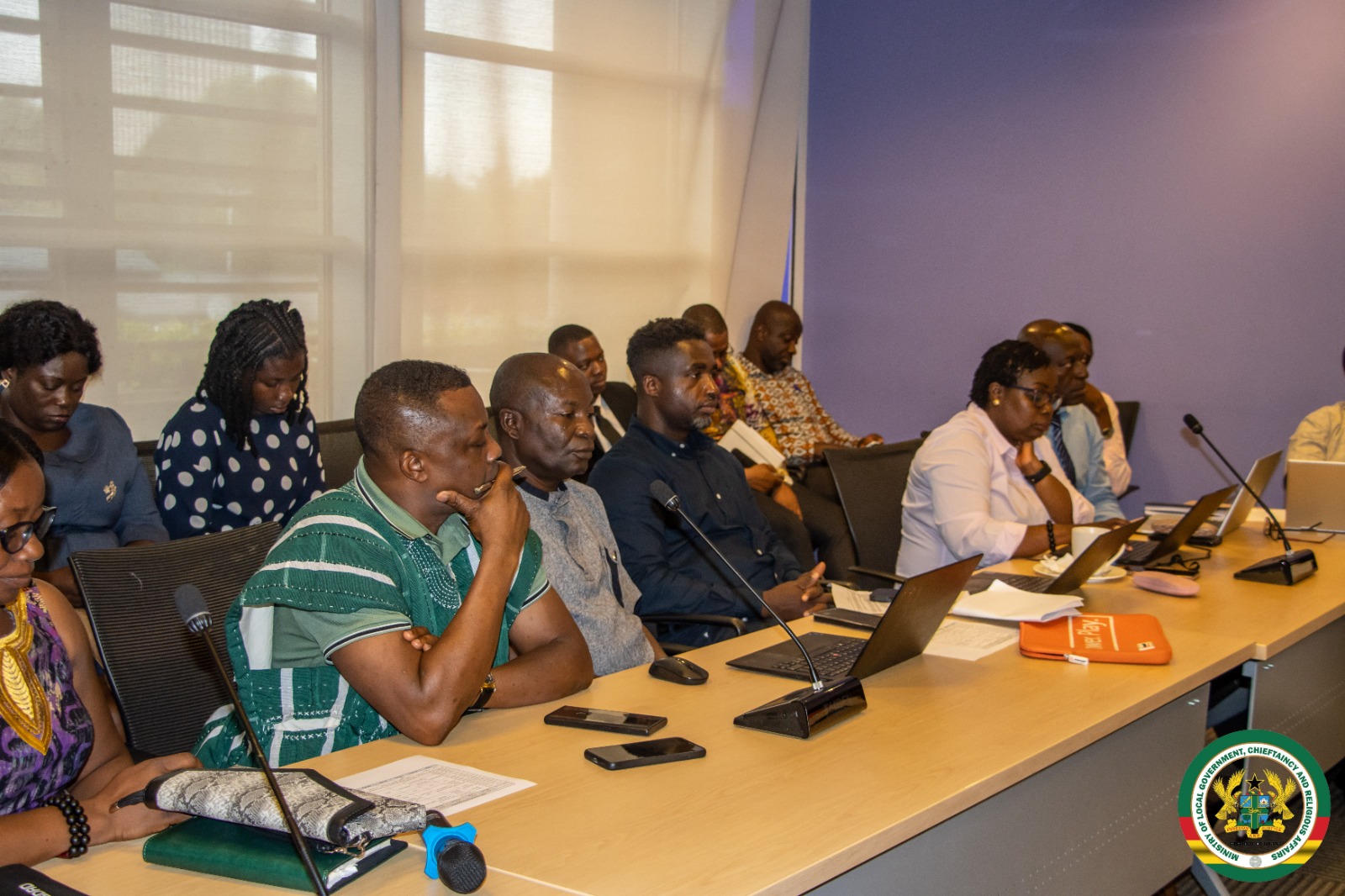
.jpeg)
.jpeg)
.jpeg)
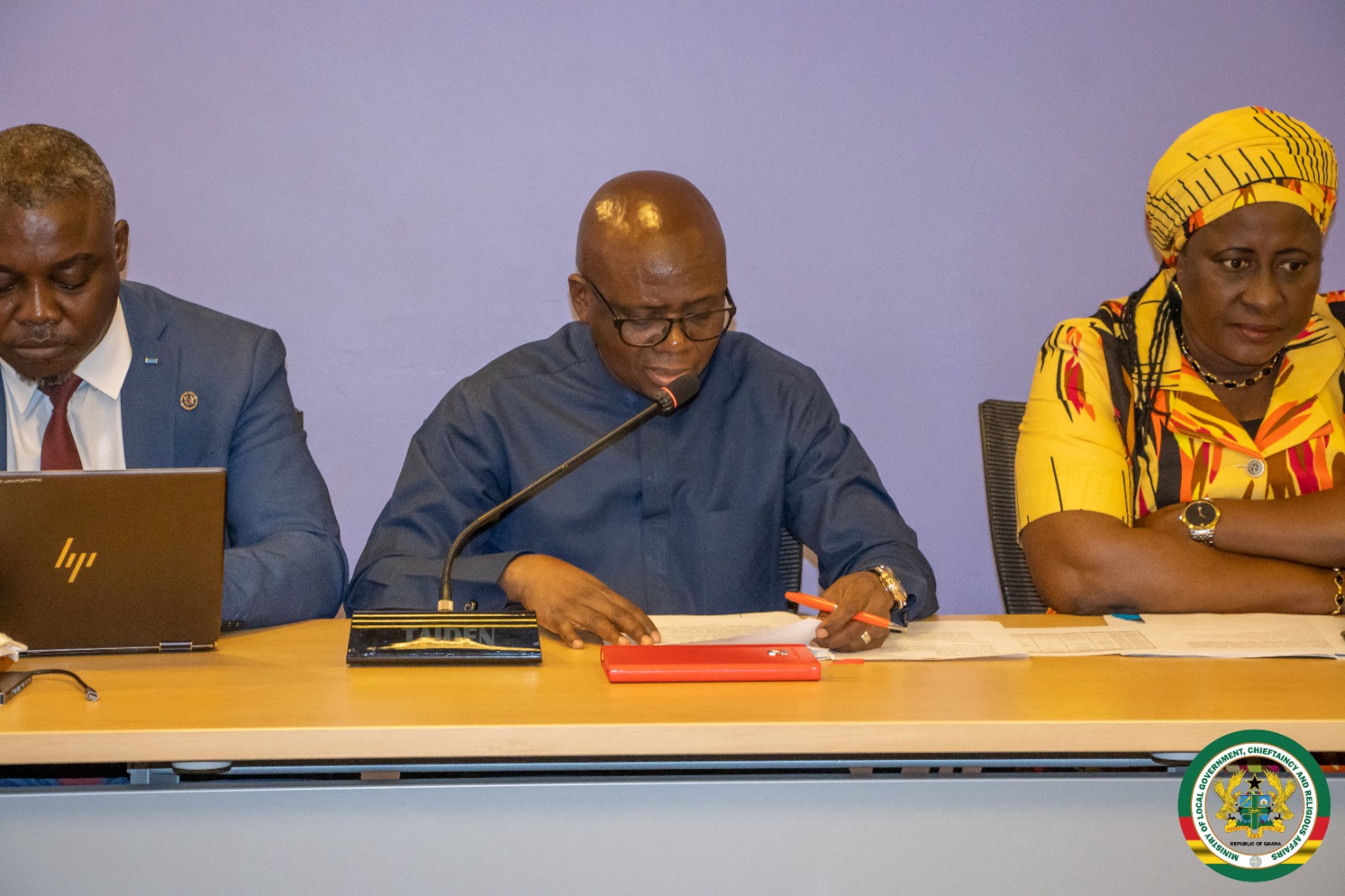
.jpeg)
.jpeg)
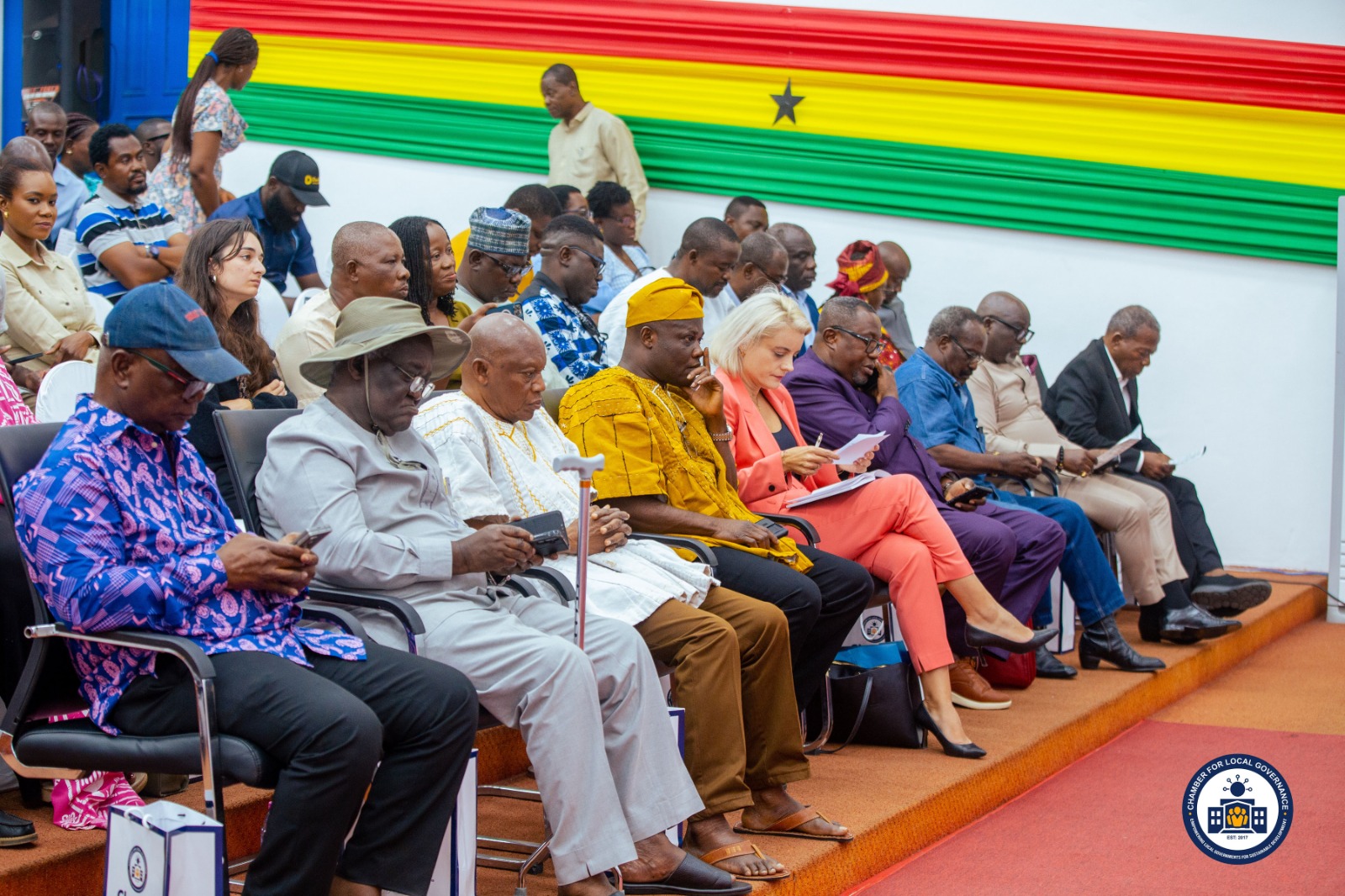
.jpeg)
.jpeg)
.jpeg)
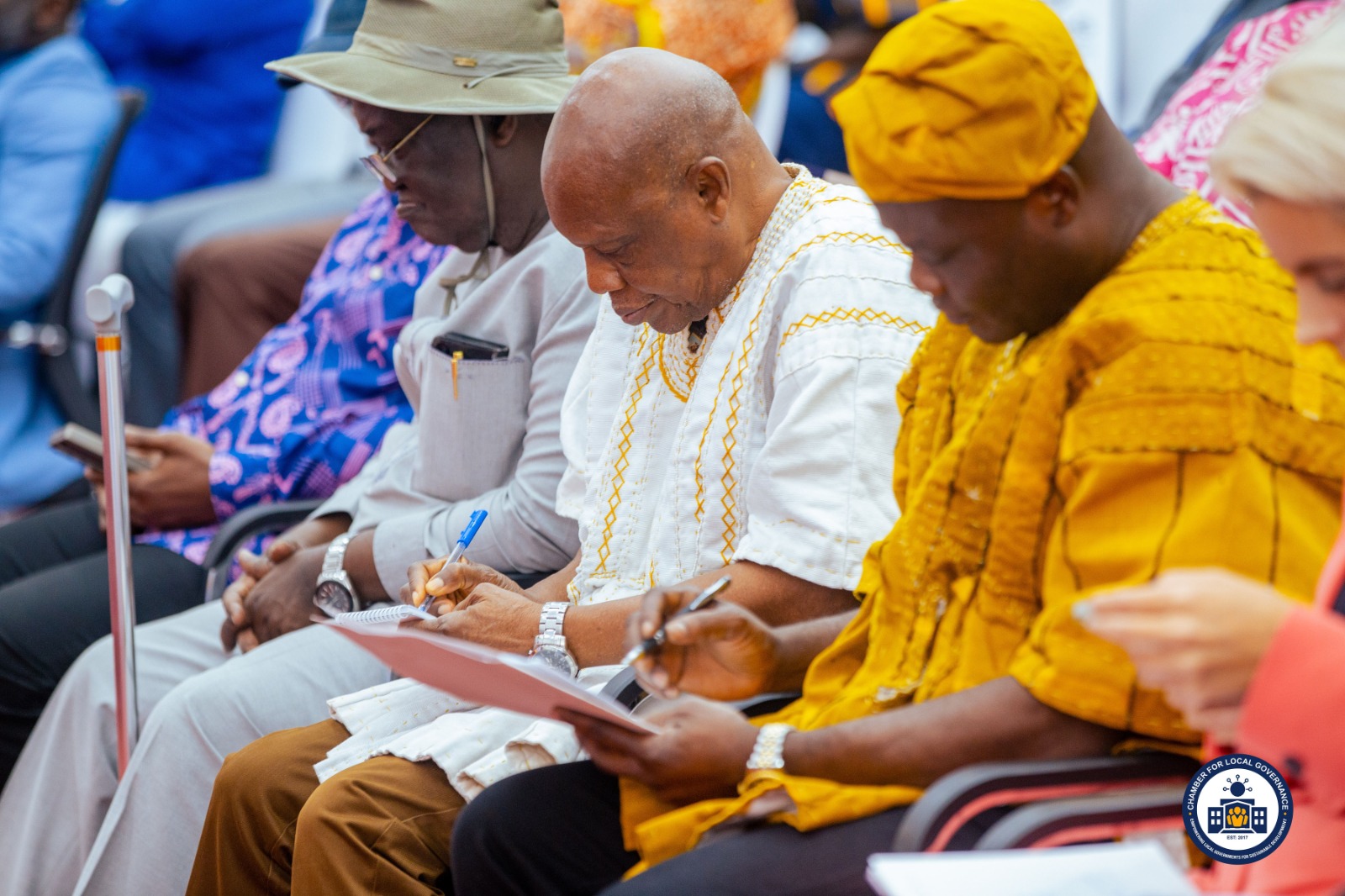
.jpeg)
.jpeg)
.jpeg)
.jpeg)
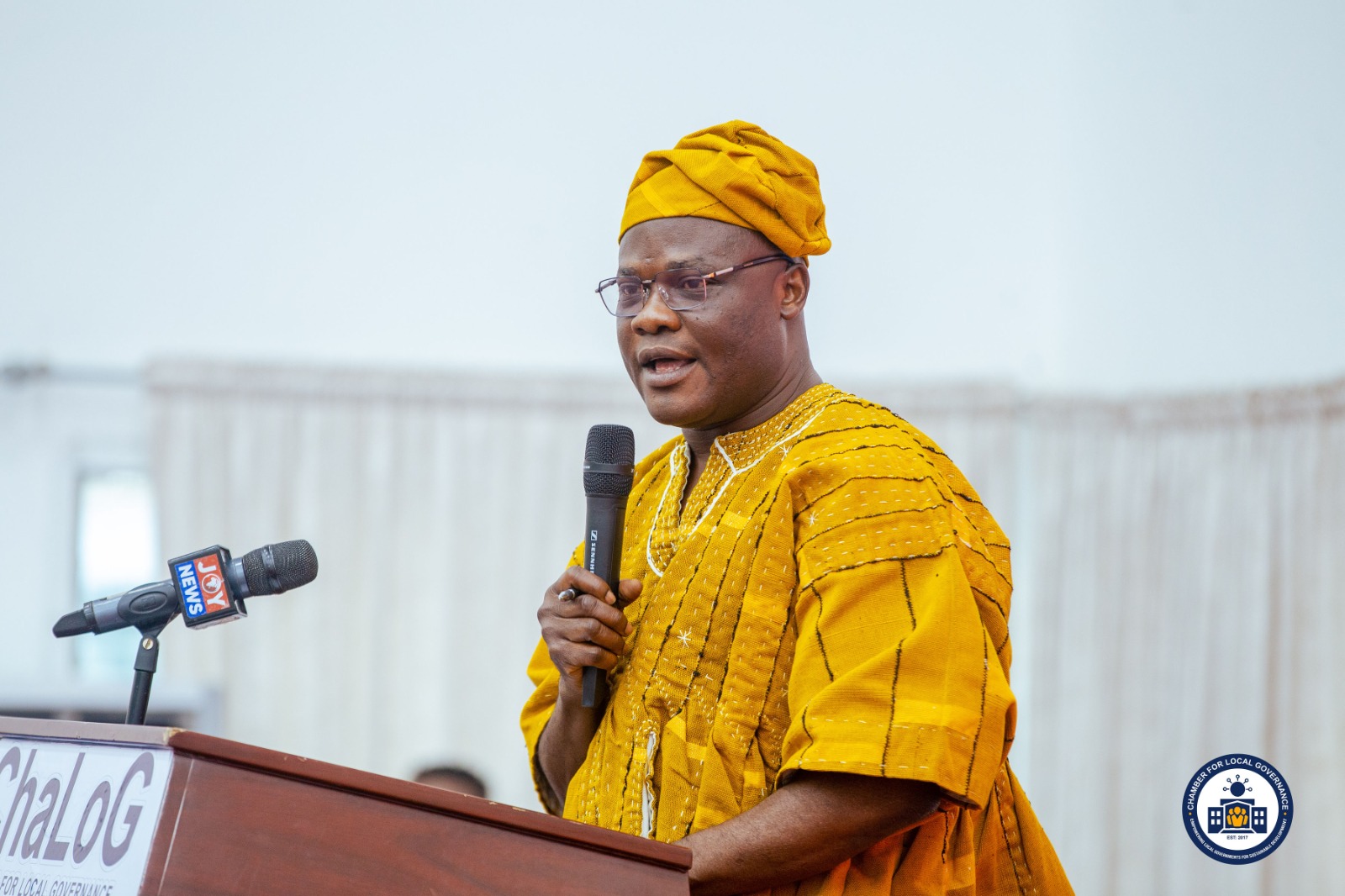
.jpeg)
.jpeg)
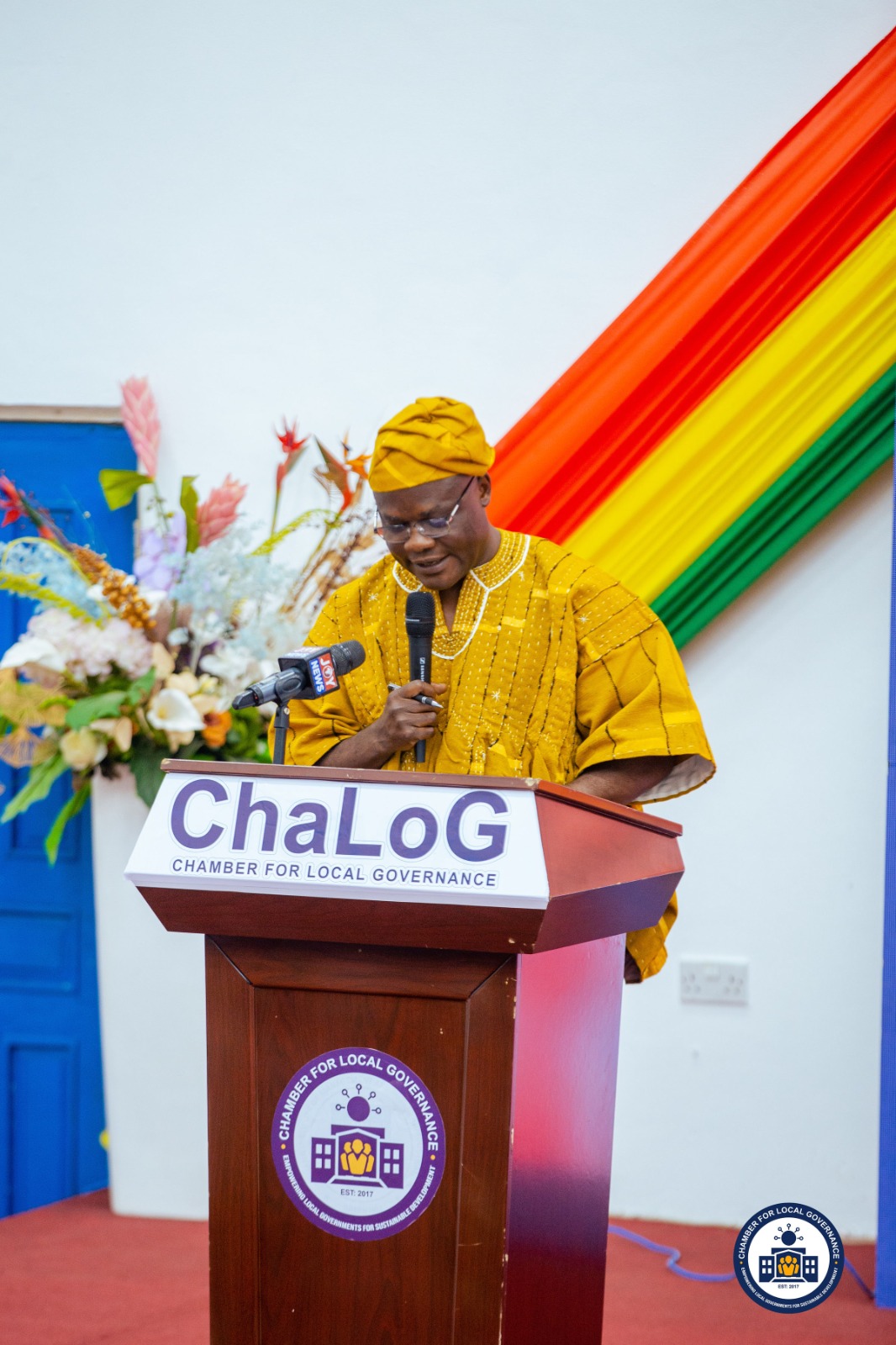
.jpeg)
.jpeg)
